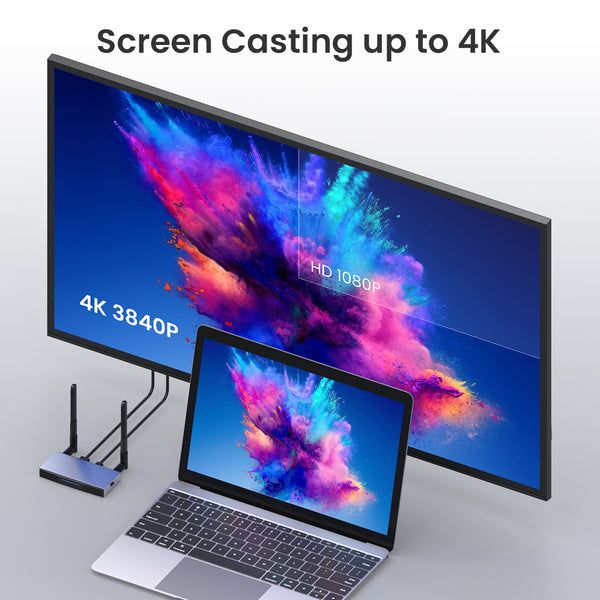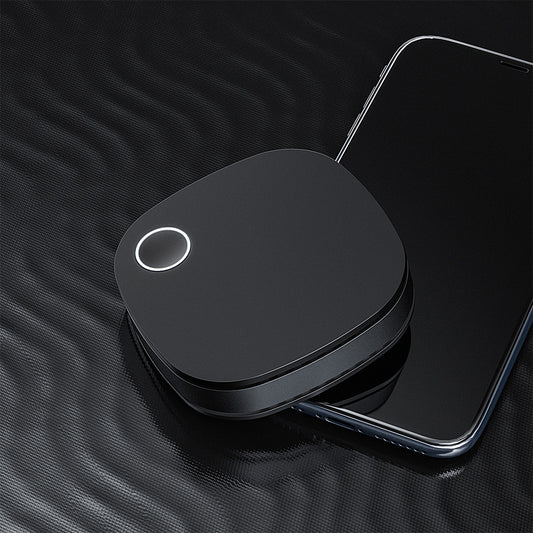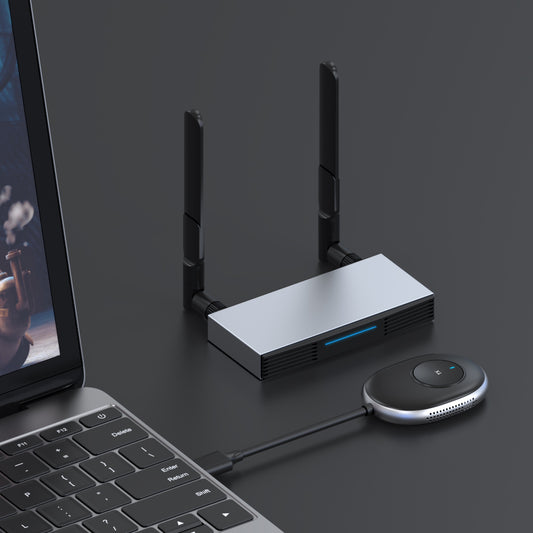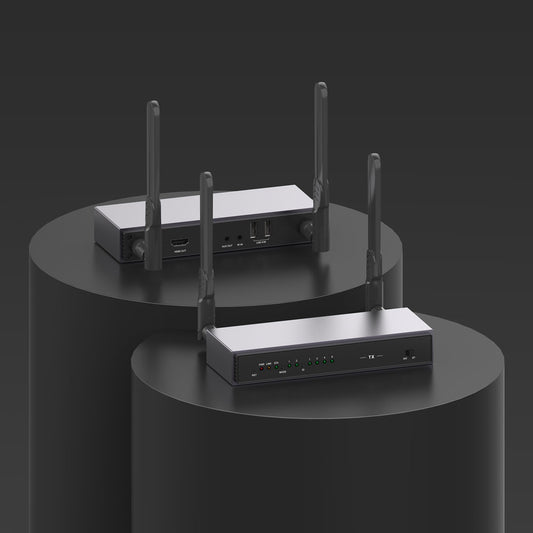
What Is HDCP 2.2?
What is HDCP, you might be wondering? High-bandwidth In order to stop unlawful copying of digital high definition media, Digital Content Protection was created.
When you watch movies or television, you might not give the anti-piracy safeguards that keep the content you watch under protection any thought. It was developed by Intel to prevent unauthorized recording of protected content.
This technology, like most others, has several significant drawbacks. It can incorrectly identify piracy and forbid you from watching videos that you don't intend to record.
A brief overview of HDCP
It's necessary to learn about the basic idea in order to comprehend how HDCP may impact you.
Although they are linked and frequently confused with one another, HDCP and HDMI are clearly not the same. There are three main connection types supported by HDCP, including HDMI, which offers copy protection and prevents piracy. While you shouldn't confuse HDCP with HDMI, keep in mind that since HDMI is now essentially ubiquitous, ALL of your devices and cables must be HDCP compliant in order to enjoy 4K content.

Before sending footage to your TV, devices like cable boxes and Blu-ray disc players encrypt it. The TV and the other device must exchange codes before the TV can decode and show a signal. This procedure prevents you from videotaping a copyrighted program as you view it. Your entire system must be HDCP compliant in order to watch a protected digital program or movie.
Another point is that the video game industry has not adopted HDCP and has instead developed a number of other forms of protection, including Denuvo. Therefore, HDCP is not a concern if you only intend to connect an Xbox or PlayStation to a 4K display for gaming.
Why use HDCP?
To prevent TV episodes, music, and digital movies from being duplicated or accessed illegally, Digital Content Protection LLC, a division of Intel that licenses HDCP, was established.
How does 4k affect by HDCP?
Simply put, you must ensure that all components comply with HDCP 2.2 in order to access video in 4K across platforms. The most obvious situation would be connecting a 4K streaming device to a budget 4K TV, monitor, or projector with HDMI connectors that are not HDCP approved.
Some businesses use HDCP version 2.2 to safeguard these ultra high definition programs. Sadly, TVs that were built to accommodate earlier versions of this technology cannot display such information. Entertainment systems cannot be updated to HDCP version 2.2. Consequently, if you wish to enjoy 4K visual resolution while viewing protected content, you must replace any non-compliant equipment.
Are there different HDCP versions?
Yes. The two most common versions as of early 2020 are HDCP 1.4 and HDCP 2.2. Due to their similar naming conventions and the advent of HDCP 1.4, which coincides with HDMI 1.3/1.4, and HDCP 2.2, which overlaps with HDMI 2.0, these names are sometimes confused with HDMI specifications. Adding to the confusion, the HDMI connections on 4K projectors, TVs, and monitors almost always have "HDCP 2.2" printed next to them.
You only need to be aware that HDCP 1.4 was created to safeguard full HD content, whereas HDCP 2.2 is specific to 4K Ultra HD media. HDCP 2.2 is still necessary for 4K entertainment even when HDMI 2.1 becomes widely used in 2020.
There will probably be a new version of HDCP in the future with 8k on the horizon.
Arrival of version 2.2
Ensure that the HDCP 2.2 compliance is stated explicitly on all the cables and devices you purchase for your setup. You may then watch 4K content in its original, unaltered form. You'll most likely come across HDMI 2.0/2.1 connections, but be careful not to mix them with HDCP. To function properly, HDMI needs HDCP. We cannot emphasize enough how crucial it is to keep an eye out for 4K device deals that seem too good to be true. These are occasionally NOT real 4K since they forego the additional expense and development required to integrate HDCP 2.2.








